AO Edited
Mesa Verde National Park
The ancient dwellings of the Puebloans, located in the cliffs of majestic mesas.
Known for the dwellings of the people whom archaeologists once called the “Anasazi” (a derisive Navajo term meaning “ancient enemy”), Mesa Verde National Park in Montezuma County, Colorado, is home to some of the world’s most beautiful sandstone and adobe structures.
The twelfth and thirteenth-century rectangular homes — and circular, subterranean religious structures called “kivas” — of the Pueblo peoples include the famous “Cliff Palace,” a maze of twenty three ceremonial kivas and dozens of rooms. These pink, yellow, and red-plastered dwellings are shut behind windowless walls, under a great overhanging cliff. They are architectonic, squeezing dark rooms together to make an easily defensible fort that uses the cliffs’ natural curves as a guide.
We don’t know much today about the people who built the storybook towers of Mesa Verde (which means “green tablelands”). There appear to be two different styles and sizes of kiva, so there may have been two distinct periods of building, guided by different groups of religious elites. The total effect is stunning, especially to those accustomed to separated homes and cities laid out on a grid, under an open sky.
For some reason, these dwellings were inhabited for only a century or so before some sort of disaster struck. Likely theories include a “mega-drought” that made life in the arid mesa-lands unsustainable. However, these people did not disappear into thin air. Many of the tribes in Arizona, New Mexico, and near Mesa Verde have histories of their ancestors living in these cliff dwellings. Many of the early Puebloan peoples migrated south, into Arizona and New Mexico, where they continued to refine their building practices and where their descendants live today.
Unfortunately, much of these amazing abandoned structures have been looted or destroyed by curio-seekers and vandals. What’s left owes much of its existence to a family of forward-thinking ranchers called the Wetherills, who had a good relationship with local Native Americans and gave outsiders responsible tours. President Teddy Roosevelt tried to protect the Park lands in 1906. In addition, photographer Ansel Adams documented the ruins in the 1940s, producing a series of powerful black-and-white images of the towers and walls.
Mesa Verde Voices is an official park service podcast which provides more history of the park and the people who lived there, and it’s a great option during the long drive in and out of the park.
Know Before You Go
By Plane: The nearest airports are Cortez, Colorado, Durango, Colorado, and Farmington, New Mexico.
By Car: Mesa Verde National Park is in Southwestern Colorado. The Mesa Verde visitor's center is a 10-minute drive from Cortez, Colorado, heading east on Highway 160 to the park turnoff; and a 1.5 hour drive from Durango, Colorado, heading west on Highway 160 to the park turnoff.
By Public Transit: The nearest bus terminal is located in Durango, Colorado, however car rental is needed to get from the bus terminal to the park. The entrance to Mesa Verde is 35 miles from Durango.
Getting Around: A vehicle is needed to see Mesa Verde. The first view of a cliff dwelling is 21 miles (approximately 45 minutes) past the entrance station along a steep, narrow, winding road. From there, you can choose to take hikes of varying degrees of difficulty, or drive a loop track that shows the cliff dwellings.
Tours: Beginning in 2023, all ranger assisted and guided tours require reservations booked here on the Recreation.gov website or through the toll free number at 1-877-444-6777. The tour requires average strength and being OK with heights (you climb a long ladder) and small spaces (you crawl through various doorways and passages). From the park entrance, you have a 45-minute drive to the tour's beginning spot. There are also self-guided tour options which do not go into any Pueblan dwellings, including the Petroglyph Trail. This trail is about 2.5 miles and can be very strenuous for inexperienced hikers. But you will be rewarded with amazing views as well as ancient pictographs carved into the wall along the path (about 1.7 miles in). It is well worth the hike, but be sure to bring plenty of water! Most of the park is not dog-friendly, so leave your pup at home. The entry fee for a car is $20-$30, depending on the time of year. There are several other related national park service sites within driving distance which are thematically similar to Mesa Verde: Hovenweep, Yucca House, Aztec National Monuments, and Canyon of the Ancients.



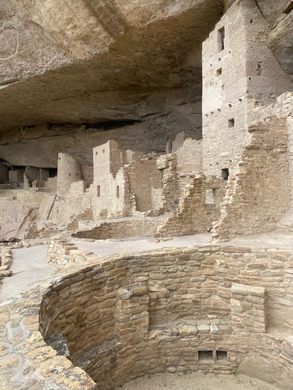
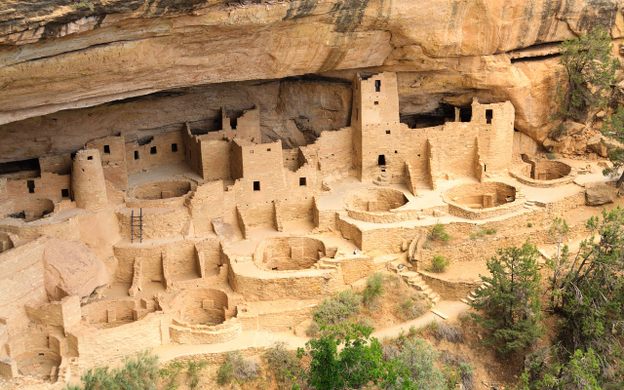


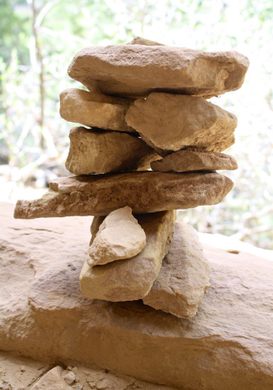

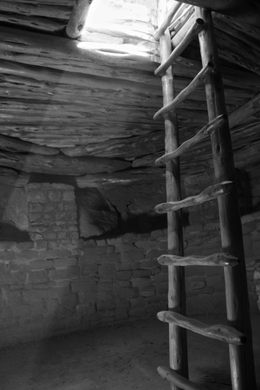


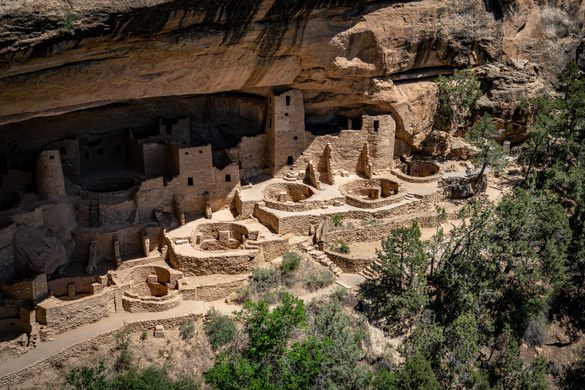



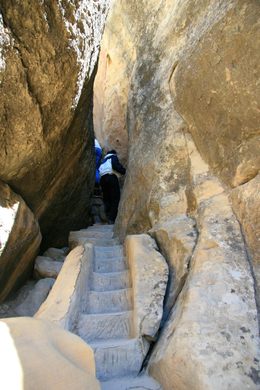
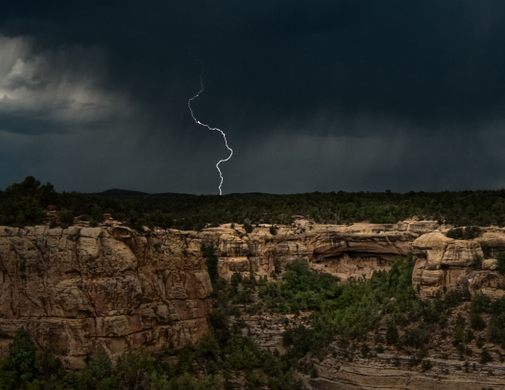
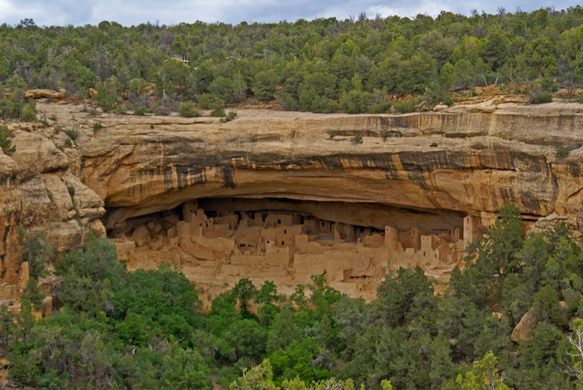
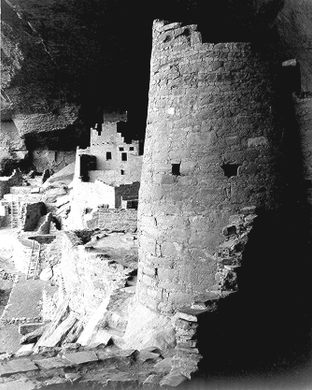
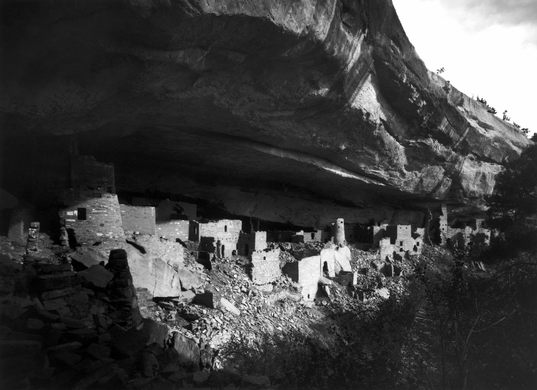

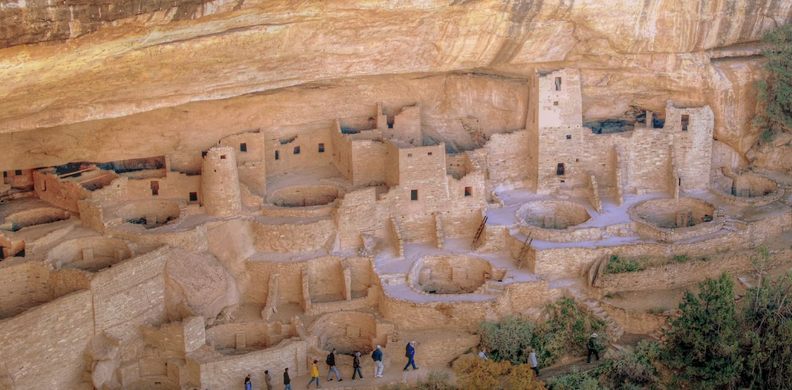

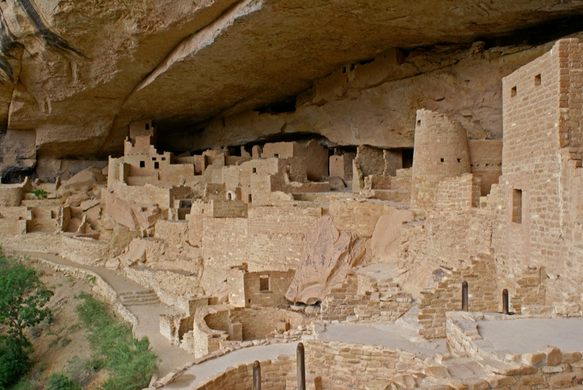
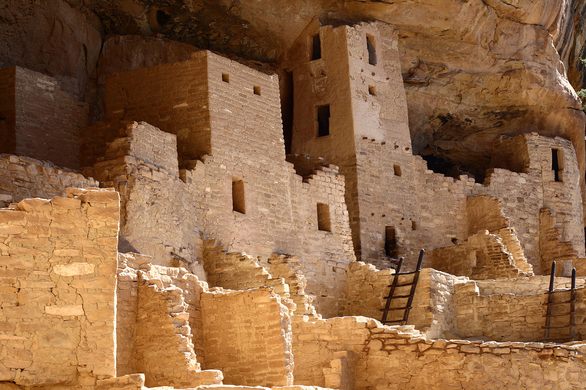
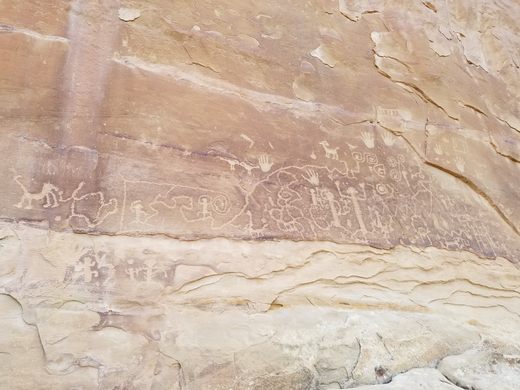

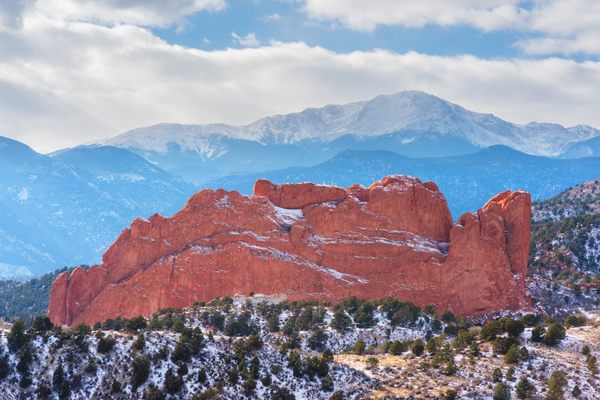
















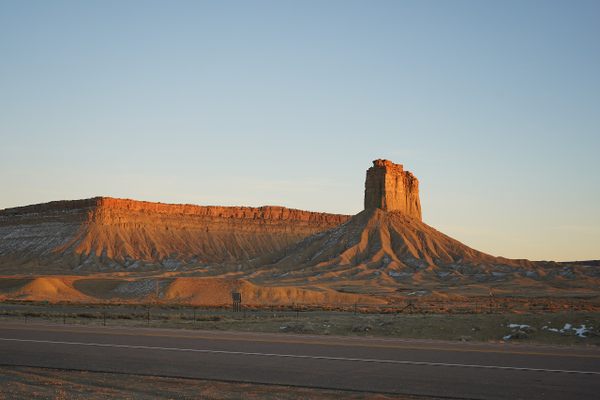

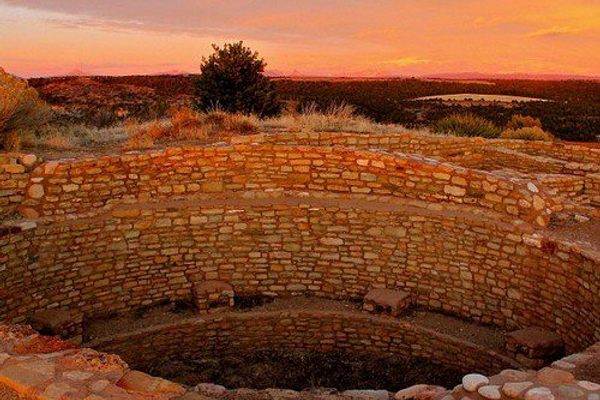
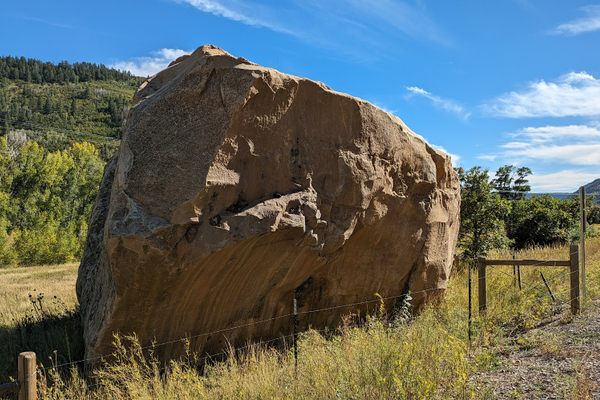
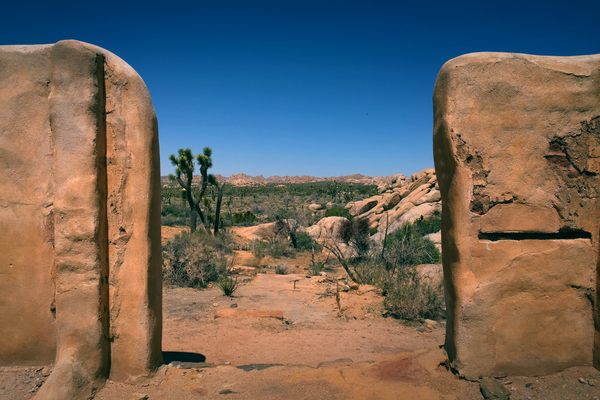

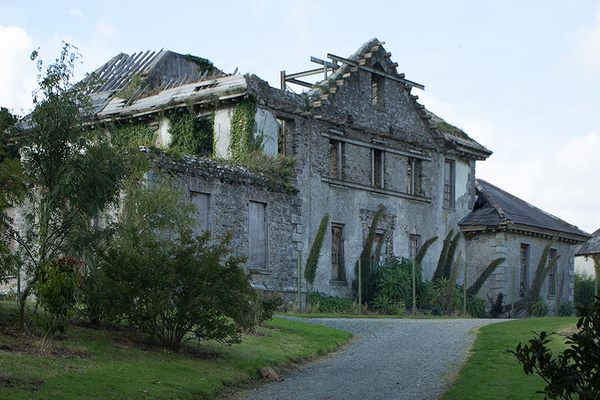
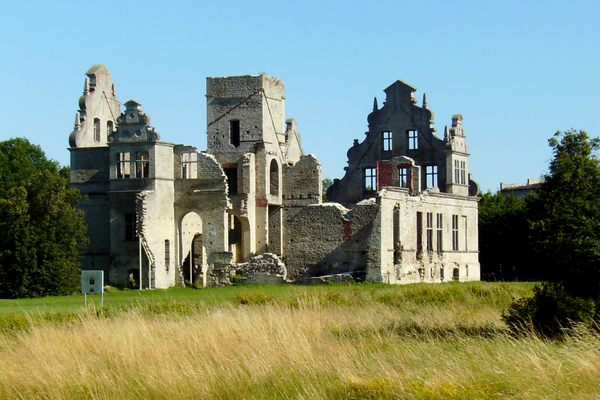


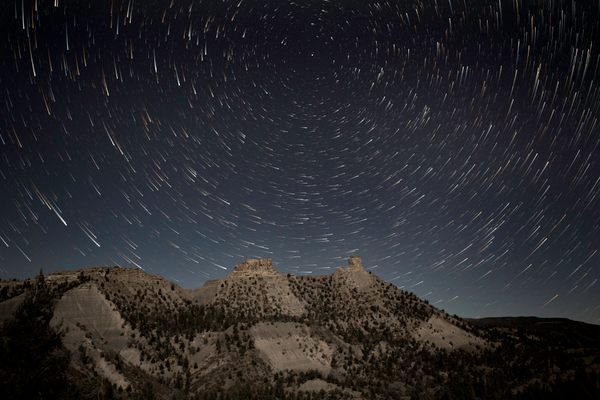
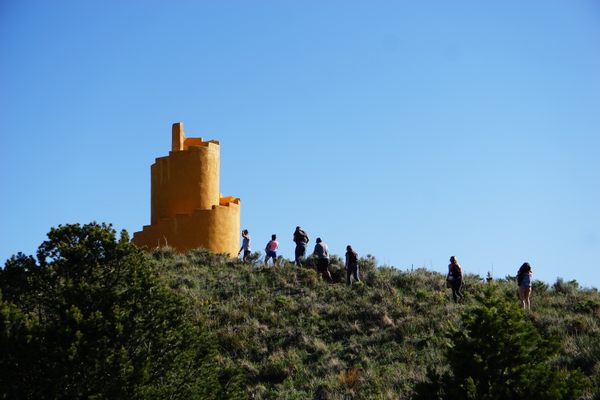


Follow us on Twitter to get the latest on the world's hidden wonders.
Like us on Facebook to get the latest on the world's hidden wonders.
Follow us on Twitter Like us on Facebook